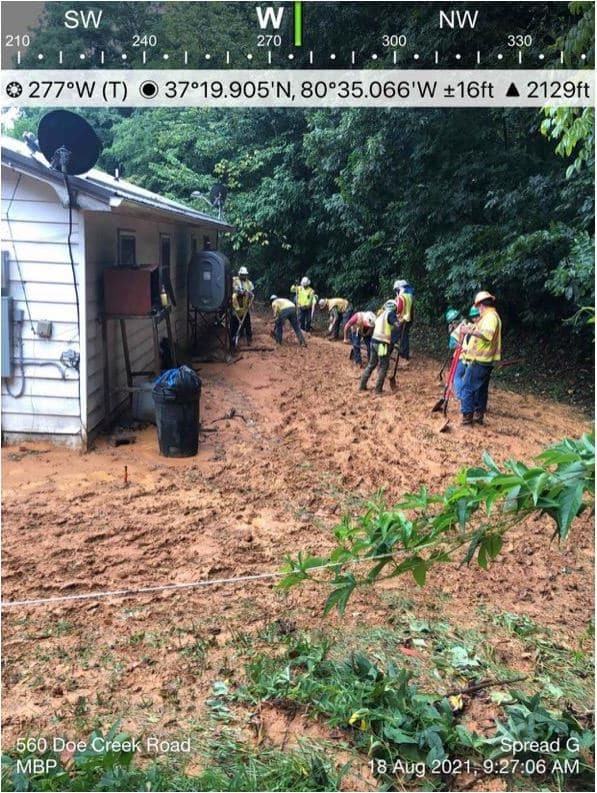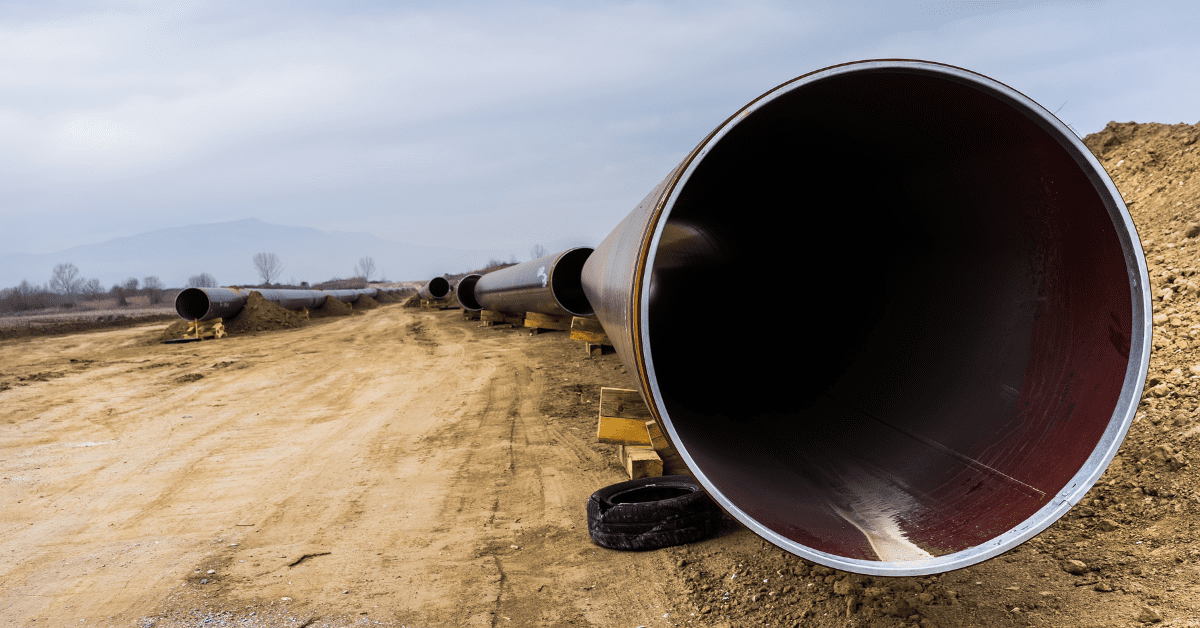
The Human and Environmental Costs of Pipelines
UPDATE: On Dec. 5, more than 750 frontline communities, environmental justice groups, and allied organizations sent a letter to Speaker of the House Nancy Pelosi (D-Calif.) and Senate Majority Leader Charles Schumer (D-N.Y.) voicing their opposition to the permitting rider. The executive directors of more than 20 environmental organizations also sent a letter to President Biden, Speaker Pelosi, and Leader Schumer echoing the same opposition.
On Dec. 6, House Natural Resources Committee Chair Raúl M. Grijalva (D-Ariz.) issued the following statement on the permitting related provisions being excluded from the must-pass FY 2023 National Defense Authorization Act (NDAA):
“Thanks to the hard-fought persistence and vocal opposition of environmental justice communities all across the country, the Dirty Deal has finally been laid to rest,” Chair Grijalva said. “House Democrats can now close out the year having made historic progress on climate change without this ugly asterisk. Of course, we still have much more work to do to bring justice to those communities who are continuing to bear the brunt of climate change, but I’m at least glad we’re not taking a step backwards today.”
###
As Congress considers proposals to force federal agencies to give final approval to the Mountain Valley
Pipeline (MVP), it is vital that lawmakers understand the damage that MVP has already caused and the near certain consequences of their decisions for the people and environments directly affected. The incidents documented below are just a few examples of the costs that have been inflicted on people along the MVP’s path and the harm to the environment that has resulted from pollution of our waters.
Thousands of people along the pipeline’s route have testified over and over during the course of eight years, to warn of these harms before they occurred and to expose them once they happened. The initial warnings were not heeded by regulators who approved the project and allowed construction to rush forward, even after some of those permits were struck down by the courts.
If Congress forces more construction and completion of this destructive project, negating our historic
environmental laws and the proper role of the courts, it will be dooming these communities, their wellbeing, and their futures to the same kinds of dire harm depicted here. Just as importantly, a legislative action to give Mountain Valley a special pass, to exempt it from the same protective laws with which all other parties must abide, will tell the people most affected that their voices and their interests do not matter—that the profits of huge corporations will be allowed to override the protections Americans have been promised in the Clean Water Act, the Endangered Species Act, and the National Environmental Policy Act (NEPA).
Wild Virginia calls on all members of Congress to respect the wishes and interests of the people of West
Virginia, Virginia, and North Carolina and reject this sweetheart deal to the fossil fuel industry, offered in the guise of “regulatory reform.”
DOE CREEK, GILES COUNTY
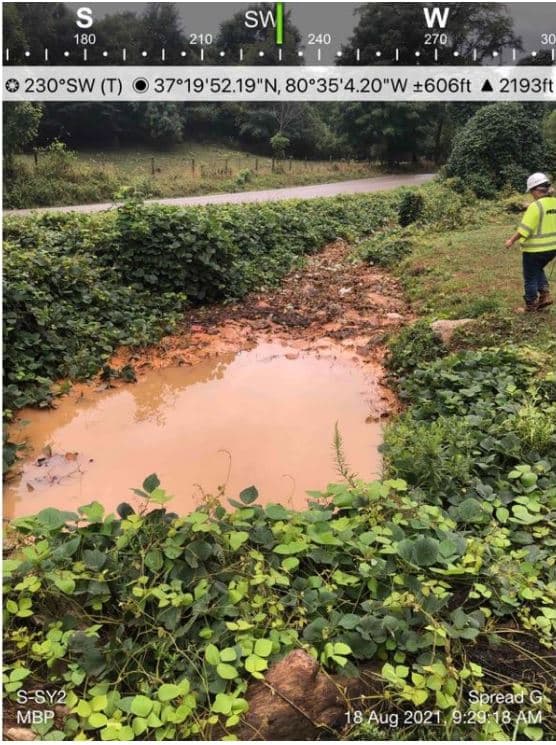
MUD FROM MVP CONSTRUCTION
POLLUTED DISCHARGE, FRANKLIN COUNTY

ENDANGERED ROANOKE LOGPERCH
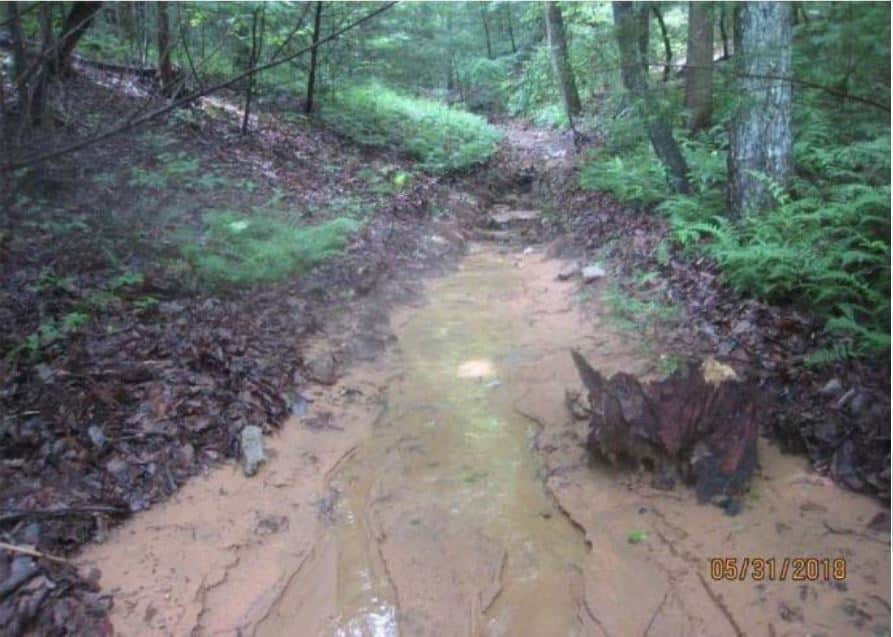
FLOODED FARM FIELD
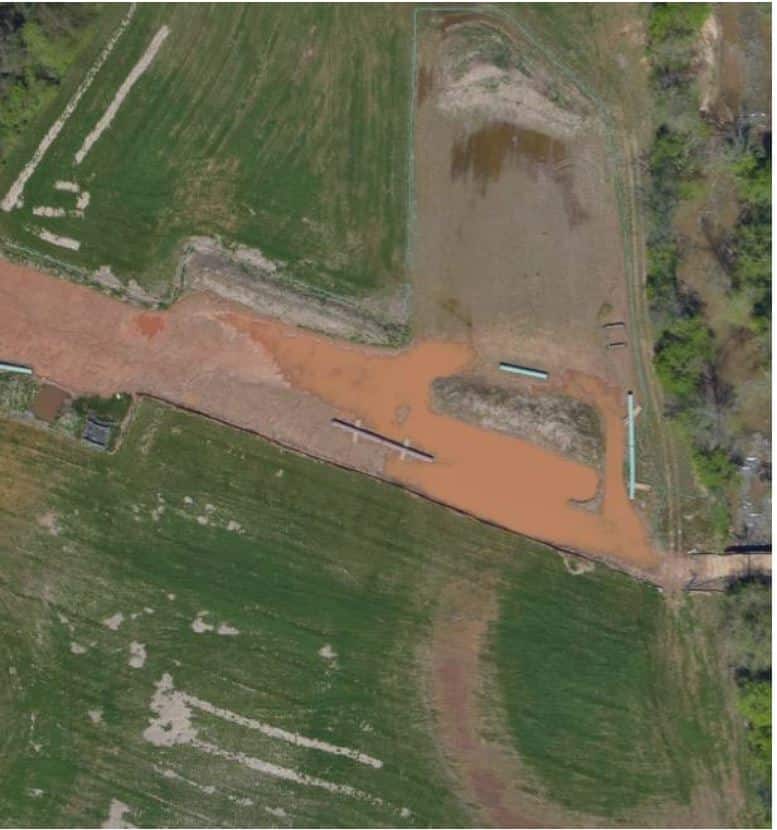
The Mountain Valley Pipeline should not be finished. Call your senators + support Wild Virginia’s no pipeline work by becoming a member today here.
